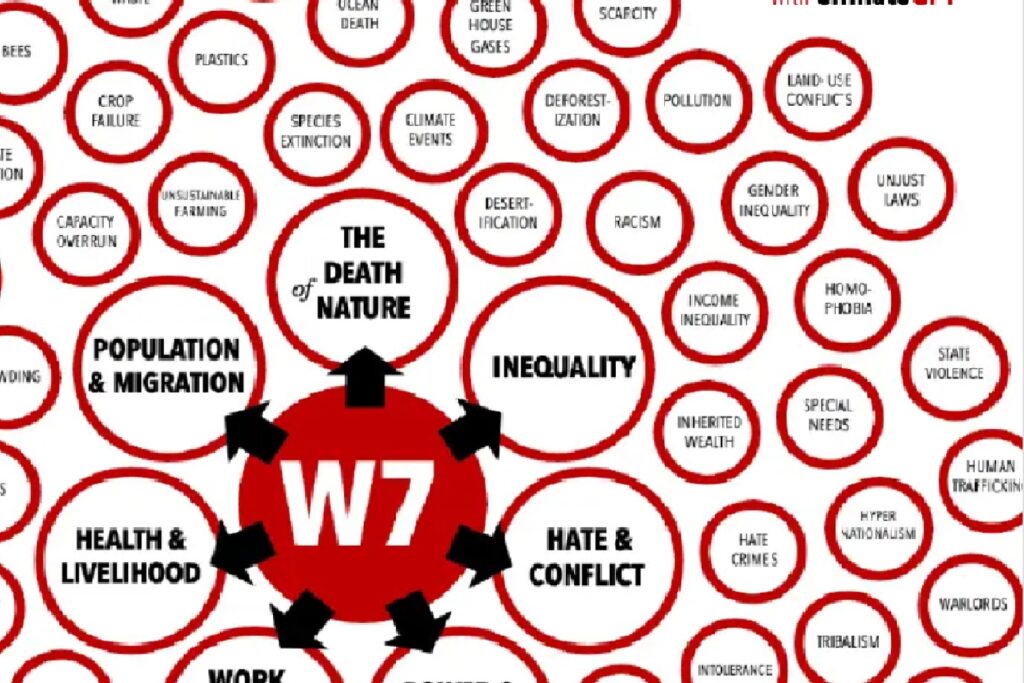From Polycrisis to Polysolutions: An Interdisciplinary Approach to Complex Global Challenges
This PolyCIVIS Foundational Brief explores the complexities of the polycrisis, examining the human dimension and focusing on governance, economic systems, and public trust. It analyzes the politics of framing the polycrisis and how existing governance structures can inadvertently contribute to its intricacy. It emphasizes the need for long-term, systemic solutions over short-term measures and advocates […]









